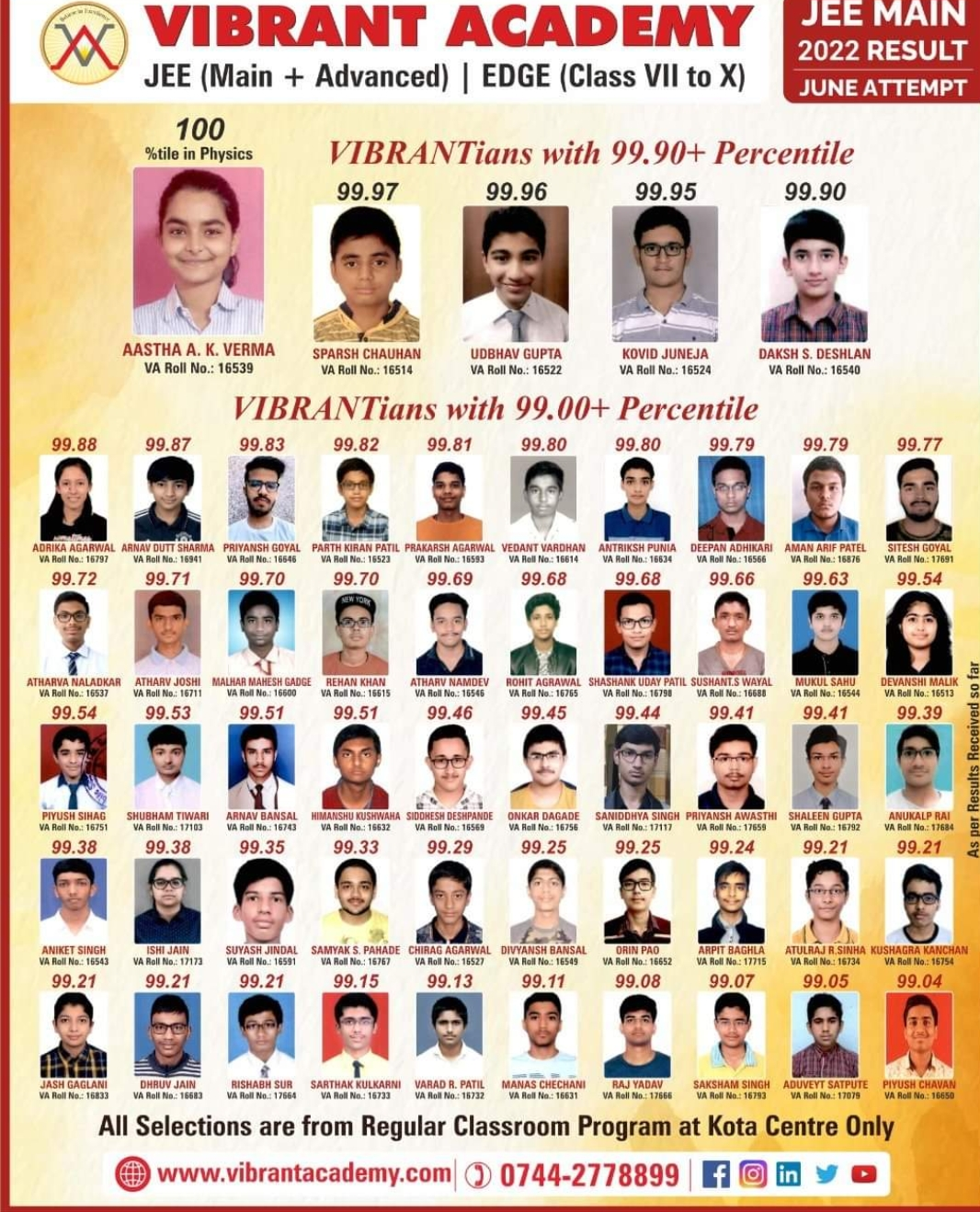100 people have died in the past 10 years… Prepare measures such as banning disclosure of grades
It was discovered that at least 100 teenage students in Kota, Rajasthan, northwest India, which can be called ‘India’s version of Daechi-dong’, made extreme choices due to sexual stress over the past 10 years. As 25 students committed suicide this year, the largest number in history, the Rajasthan government began taking measures such as banning the disclosure of student grades. It is pointed out that this is a bitter aspect of Indian society, where education has become the best means of rising social status in a still strict social status system (caste).
On the 23rd, the British BBC introduced Kota, saying, “Having their children accepted to prestigious universities is the top goal of Indian parents,” and “Admission to prestigious medical and engineering schools is a shortcut to becoming a high-income earner in India.” Kota is India’s largest academy district, where competition for college entrance exams is fierce. There are 12 large academies and more than 50 small academies. All over the streets, there are large billboards for academies with the names, photos, and rankings of students accepted to famous high schools or universities. Every year, more than 200,000 students from all over the country study for 14 hours a day, living in rooms of about 3.3 m2 (1 pyeong) in over 3,500 hostels or rental accommodations. Among them, there is also a 13-year-old. The academy fee is 100,000 rupees (about 1.63 million won) per year, which is close to the annual salary of ordinary people in India.
This August, 18-year-old Adarshi Raj came from a rural area to become a doctor, lived alone, and was pessimistic about his grades and made an extreme choice. A 21-year-old student who failed the medical school entrance exam three times told the BBC, “I expected to pass if I studied at an expensive academy, but I kept failing and my anxiety increased, and my headaches and chest pains got worse.” He added, “When I failed the second exam, I had suicidal thoughts.” “He said. He continued, “I felt like I had no choice anymore,” and “I was under a lot of pressure because I thought I wasted my parents’ money (who worked hard to send me tuition in rural areas) and even lowered my reputation.” The student said, “Fortunately, I am now receiving psychiatric treatment and am gradually improving.” Nitin Vijay, executive director of Motion Education, a famous academy in Kota, said, “Student stress has worsened since the COVID-19 pandemic.” According to Indian government statistics, more than 13,000 students in India committed suicide in 2021. It is an increase of 4.5% from 2020.
 View largerAdvertisement for an academy in Kota, Rajasthan, northwest India. Students’ scores and photos are public. Facebook Capture
View largerAdvertisement for an academy in Kota, Rajasthan, northwest India. Students’ scores and photos are public. Facebook CaptureOn the 29th of last month, the Rajasthan state government announced guidelines, including not recommending students under 14 years old to enroll in academies and not disclosing test results. Previously, in June this year, an 11-member police team was formed to identify students showing symptoms of depression. “We are talking to students who are showing signs of danger, such as sudden changes in behavior, and talking to their parents,” said Chandrasheel, a police officer. Suicide prevention training was required for academy instructors and student housing staff, and a provision was made so that students could receive a refund for academy fees at any time.
Urmil Bakshi, an Indian education expert, said, “There are hundreds of students in a class, and the instructors don’t even know the names of all the students. Some children can’t make friends because they are afraid that other students will find out their study methods. “The child is bound to feel lonely,” he said. Executive Director Vijay emphasized, “Parents must tell their children that there is a world beyond engineering and medical schools,” and “a social atmosphere that encourages children to follow their passions must be created.”
Source: Donga
Mark Jones is a world traveler and journalist for News Rebeat. With a curious mind and a love of adventure, Mark brings a unique perspective to the latest global events and provides in-depth and thought-provoking coverage of the world at large.